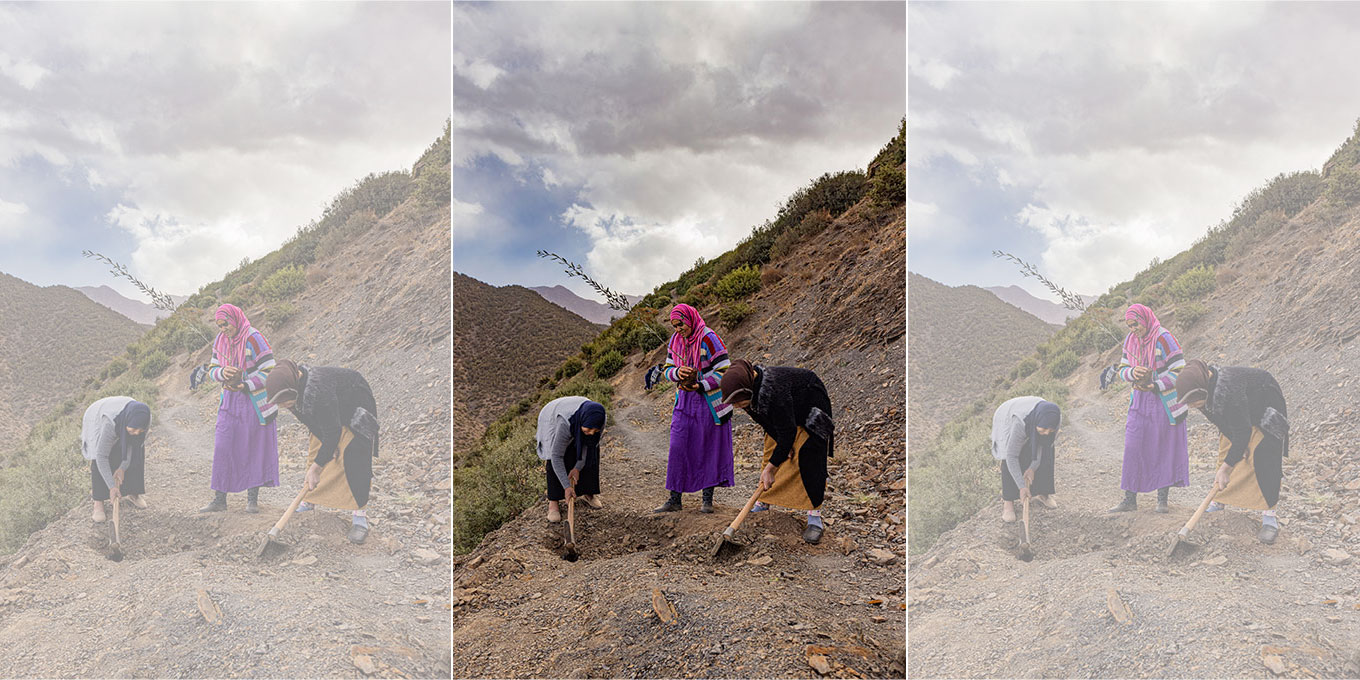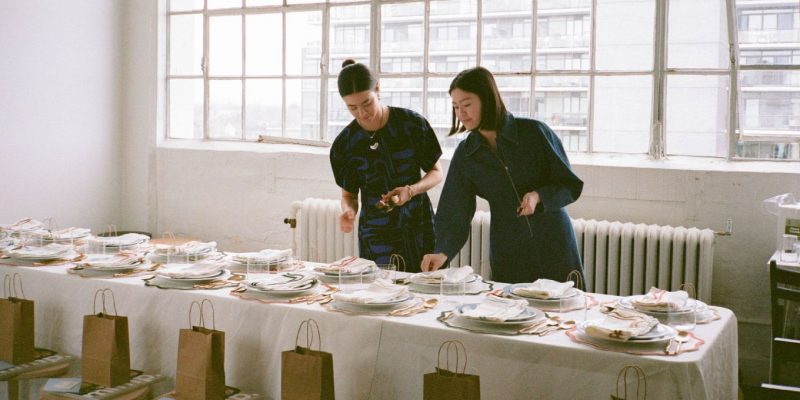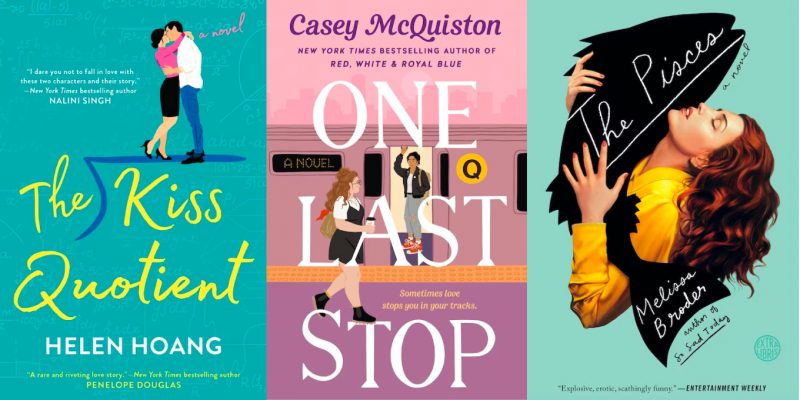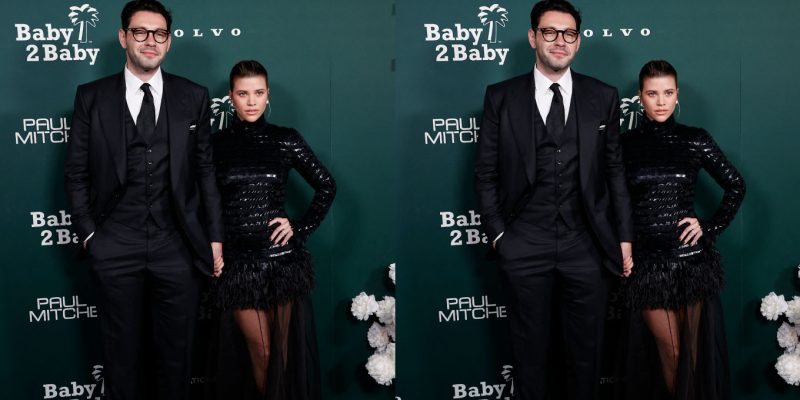Society
This Iconic French Brand Is Making Change to Create a Better Tomorrow
The planet and people take priority.
by : ELLE Canada- Oct 24th, 2022
For YSL Beauty, making a major impact isn’t just about crafting highly pigmented lipsticks and intoxicating fragrances. The iconic French brand is set on making meaningful change to create a better tomorrow. That’s the idea behind Change the Rules, Change the Future, its comprehensive sustainability initiative that underscores the planet and people. Three dedicated pillars—Abuse Is Not Love, a global program fighting against intimate-partner violence; Rewild Our Earth, which restores biodiversity at the local level; and Reduce Our Impact, a climate-change-focused plan that reimagines the brand’s operations—are ambitiously aimed at transforming every level of our collective culture.
Here, we chat with two change makers who are leading the do-good shift at YSL Beauty—Caroline Nègre, international sustainability and scientific director, and Juleah Love, global sustainability manager—about the brand’s forward-moving vision, the value in each of the three pillars and why “everything is about communities and people” at YSL Beauty.
What is the goal of the Abuse Is Not Love program? Why is education over donation an objective of this project?
Juleah Love: “We didn’t want to build this program like a charity; we wanted it to be holistic. Our first pillar involves training 100 percent of the YSL Beauty teams [as well as the wider population] worldwide; so far, we’ve educated about 175,000 people on the signs of abuse and how they can help. The second pillar is about supporting local non-profit organizations in the countries where we operate. We have officially launched in 19 countries, and we’re so proud to partner with those who know what kinds of support their people need. Our third pillar revolves around thought leadership: We combine all the data we have from top researchers and NGOs and fund open-sourced research papers to give out to the community. For us, it’s not just about YSL Beauty doing this; it’s about there being a global issue at hand, and if we’re all acting toward it, hopefully we can see a difference over time.”
Why is it impactful for a beauty brand to be part of this conversation?
Love: “Mr. Saint Laurent was always fighting for women’s liberation and independence—it’s something that’s been in the values of our brand for a very long time. We wanted to continue that but [also] really have an impact on one of today’s most pressing issues. Of the 25 different types of violence against women, intimate-partner violence is the most common and [efforts to address it are] the most underfunded. As a beauty brand, we have a big voice. For us, it’s about helping to destigmatize talking about the issue and educating people about its prevalence as well as being able to provide support services and resources.”
What are some of the unique ways that the Rewild Our Earth program is tackling the issue of environmental preservation?
Caroline Nègre: “This idea of environmental preservation is actually something we started almost 10 years ago. We began our first program in Morocco, working with communities to build gardens where we could source in a long-term, sustainable way. More than making sure that our sourcing was handled sustainably, we also wanted to contribute positively to the surrounding land in the Ourika Valley because it will have an impact on the region and the people there. That was the starting point, and we learned that this program works, so we thought about how we could duplicate it. It’s how we landed in Haiti, Madagascar and Indonesia—those are places where we source ingredients, but, more importantly, those regions are at risk in terms of biodiversity.”
Tell us about how the decision was made to focus the Reduce Our Impact program on its particular measures.
Nègre: “It’s important to know the impact of your brand and the footprint you have on natural resources. One of our objectives is to continue to increase the level of bio-based ingredients in the products we develop. In 2022, we are using about 70 percent bio-based ingredients by weight, and by 2030, our target is to be at 95 percent. On the packaging side, 100 percent of our cardboard is sourced from well-managed forests where deforestation doesn’t occur. We also want to reduce the pressure we put on natural resources, so the 2030 target is to adopt [the use of] 100 percent recycled or bio-based plastic. In addition, we’re set on educating consumers on the importance of refilling their products.”
What are your long-term targets and how do they make an impact in the beauty space?
Nègre: “One of the key projects we have at the brand level is our community gardens in Morocco. All new products contain one ingredient from our gardens. As of January 2022, all of our factories are carbon-neutral, using 100 percent renewable energy to create our products. Our long-term commitments are what will really impact the brand and the consumer. They require a lot of transformation on our side: how we develop products, how we engage the consumer, how the consumer actually uses the product. It’s a big challenge in terms of impact.”
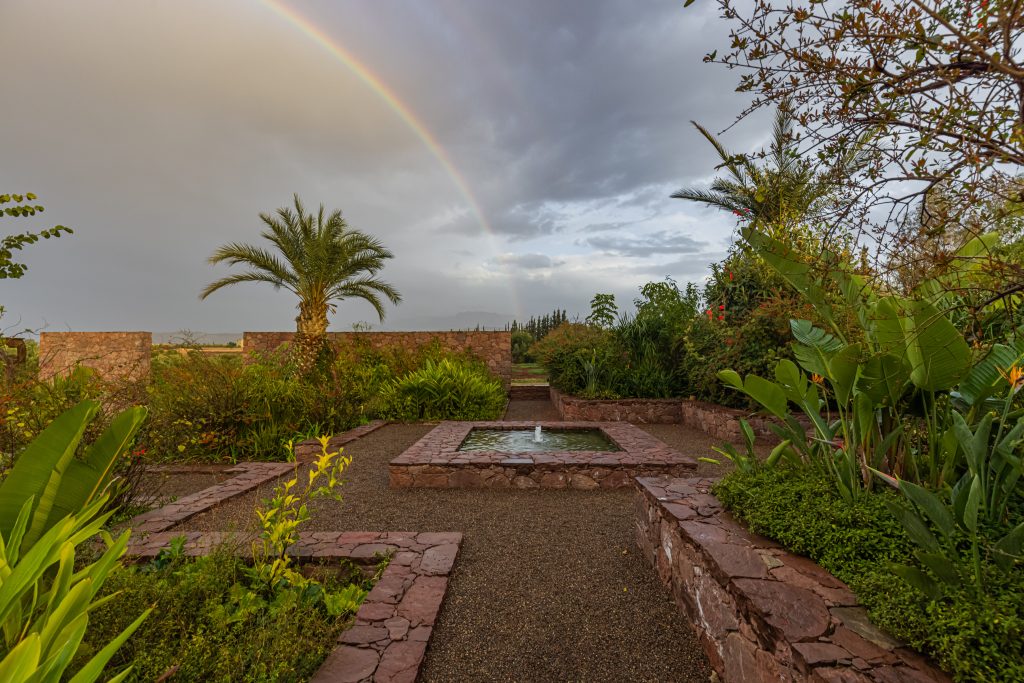 YSL Beauty
YSL BeautyNewsletter
Join our mailing list for the latest and biggest in fashion trends, beauty, culture and celebrity.
Read Next
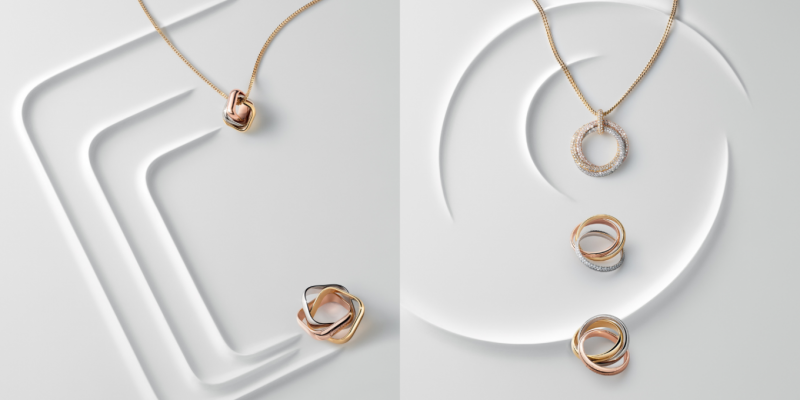
Fashion
Cartier Celebrates 100 Years of the Trinity Ring
What better way to celebrate an anniversary than with a new collection?
by : Allie Turner- Apr 19th, 2024
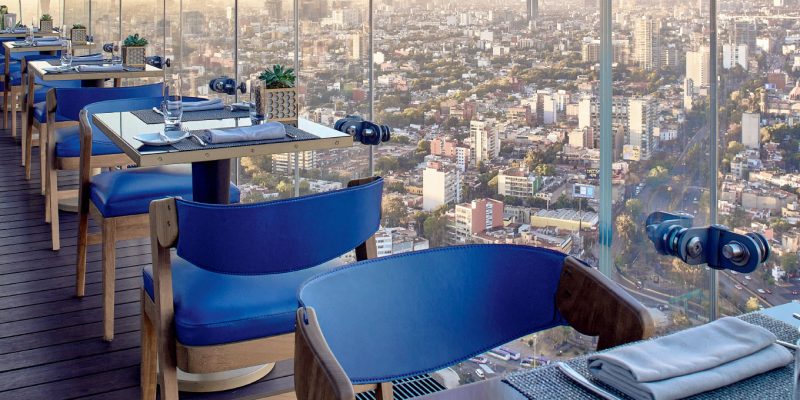
Culture
How to Spend 48 Hours in Mexico City
Where to discover the hidden gems—markets, mezcal, modern art—of the Central American capital.
by : Jennifer Nguyen- Apr 18th, 2024
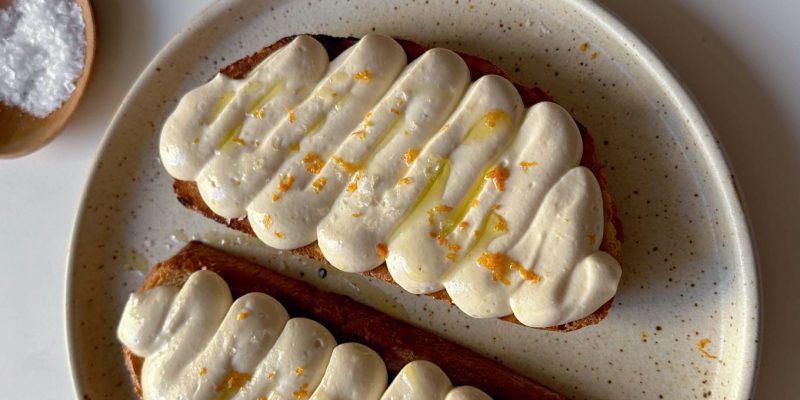
Culture
This Maple Whipped Tofu Toast Is Unreal
Light, fluffy with a touch of zest, this maple syrup-infused toast is a slice of heaven.
by : Margaux Verdier- Apr 9th, 2024


